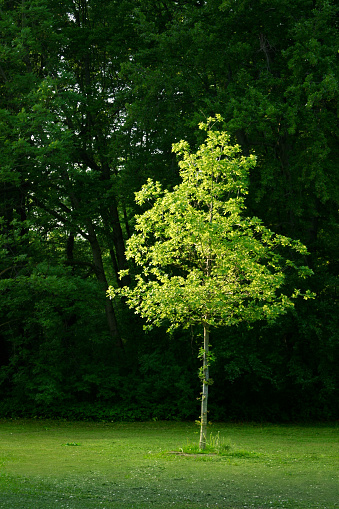|
home | what's new | other sites | contact | about |
||||
|
Word Gems exploring self-realization, sacred personhood, and full humanity
Soulmate, Myself:
return to 'inferential life 4' main-page
“how much more” In the New Testament teachings of Jesus, from time to time we find him using the phrase “how much more.” He might be talking about sparrows, or flowers of the field, or an unjust man; but then he’ll say, to the effect, “If God takes care of unthinking little animals, or flowers that bloom a short time, or someone who postures that he's not interested in God, then – how much more – will he help you with your cares?” this is The Inferential Life from the great teacher We’ve considered the Anthropic Principle that suggests, because randomness cannot surmount the mathematics of probability, everything around us, to one degree or another, is here because Somebody wanted it to be here. What does this really mean? To what degree would God or Universal Intelligence get involved in one’s life? How small the detail of one’s life would God bother him/herself with to arrange things for our best interests? I think we’ve been given our answer. If Universal Intelligence gets down-and-dirty even with sorting out tiny seeds, choosing the best very-slightly-altered seed for one bird as opposed to another, then – how much more – will the details, the very smallest details, of our existence -- ones "made in the image" -- be of interest to the Universal Force who supervises our lives? Editor’s note: Materialistic science views reality as something meaningless, without purpose. It’s as if, we, as individuals, are floating alone, lost, bereft, in the blackness of outer space. We’re disconnected, they say, from any whole; no one knows of our accidental existence; no one is “out there” to hear, they say, in our time of need when we call. But this is not true. How can we know it’s not true? We can know by observing how the seemingly smallest creatures of the world live in a specially-crafted environment which reduces competition and promotes an interrelated well-being among the animals of planet Earth. And if this supervision, the micromanagement, occurs on the level of tiny birds, seeds, blades of grass, and caterpillars, “how much more” is our destiny being attended to and worked out?
|
||||
|
|
